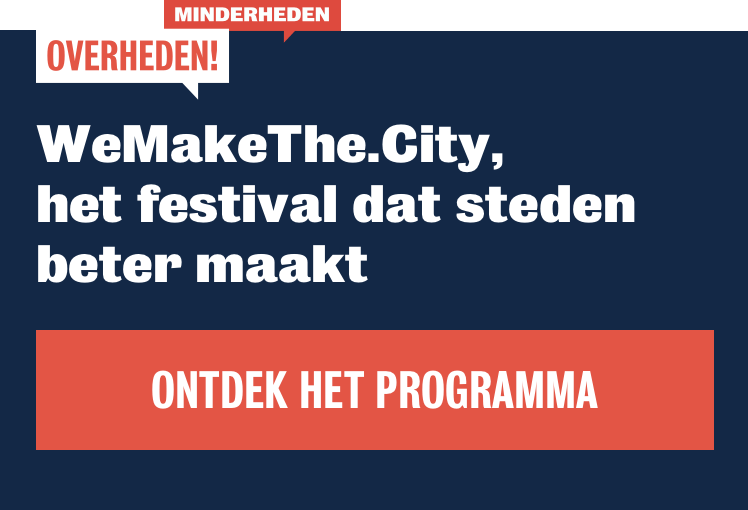How can we build Societal (Digital)Infrastructure to sustain diverse cultural and biodiversity needs?
Building a societal infrastructure for resilient and thriving communities requires a fundamental shift in the way urban assets are developed, maintained, and owned. This event looks at what it takes to scale the commons and develop urban resilience in tune with societal needs and (digital)material mastery.
The rise of bottom up initiatives signals a shift in attitude and outlook on society. Business, government and universities cannot solve societal issues alone, and more people recognize that we cannot outsource our basic needs to the market. Distributed and bottom up initiatives alone are not enough to impel the needed transformation. We need grounded knowledge of what we are solving, and a way to govern initiatives towards shared societal value. This event outlines a bottom-up approach to building (Digital)Societal Infrastructure, providing guiding and ordering structures for (digital)urban applications for the many challenges cities face coherently. These structures cater to individual (digital)rights and (digital)needs, neighborhood-scale social engagement for collective nuance, municipal-scale (digital)protocols and norms, and nation-scale measureability and consistency.
Digital applications today pervasively influence almost every aspect of urban life. Where physical forms like buildings and vehicles are subject to safety protocols, urban norms, and industry best practices, software makers face little or few such barriers. Relatively unhindered, their makers can selectively extract and emphasize the dimensions of urban life that matter to them, tinker with technology to realize their thinking, and scale that thinking with ready access to high-volume cloud processing, large- scale storage, and fast connectivity. With a narrow focus on time-to-market and monetization, their tinkering can have disastrous consequences on urban life, from incessant advertising, emptying the high street, skewing income distribution, unfair labor practices, and reducing urban liveability.
Yet made in tune with genuine societal needs, (digital) applications possess the potential to resolve urban issues like rapid urbanization, ecological degradation, and persistent poverty. Without limiting life’s diversity with manageable standardization, how can we balance collective societal needs, from individuals to families, from families to societies, and from businesses to government?
This event includes two short talks by co-founders of the Townmaking Institute; Indranil Bhattacharya and Thieu Besselink.
Image: Digital Urbanization © 2019. Courtesy of Townmaking.





